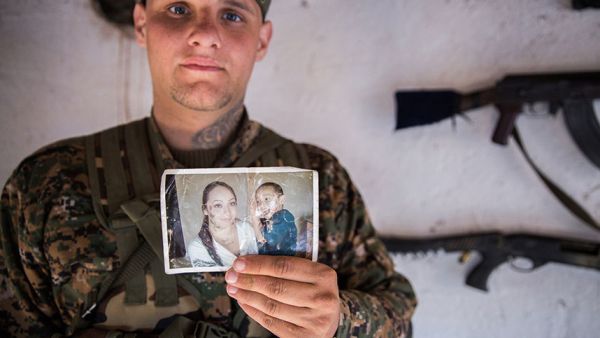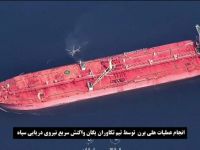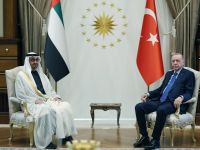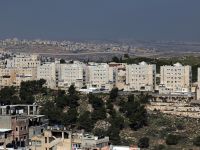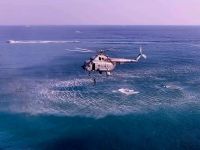The YPG's foreign fighters: "Western face on a foreign problem"
The Kurdish People’s Protection Units (YPG), one of the most effective groups battling the Islamic State (ISIS) in Syria, boast that dozens of foreign volunteer fighters from around the world now serve in their ranks on the battlefield.
These fighters came to Syria for a variety of reasons, but mainly due to a desire to fight ISIS and stop the atrocities they have committed across Syria.
Although the extent of their military impact on the front line remains unclear, many of these fighters have become increasingly important in terms of the YPG’s media strategy, making headlines across the globe.
Continue reading on Syria Deeply
Why it (still) makes little sense to call ISIS Islamic
Last week, The New York Times’ Rukmini Callimachi published “A Theology of Rape,” a report as important as it is horrifying. Unfortunately, like several recent exposés on the Islamic State in Iraq and Syria (ISIS), including Graeme Wood’s website-busting What ISIS Really Wants, Callimachi’s reporting is unusually receptive to the movement’s claims. Namely, that plausible Islamic arguments can be made for slavery, rape, and other crimes.
Continue reading on Religion Dispatches
Voices without borders: four young writers from Gaza tell their story
Just over a year has passed since the most brutal war the Gaza Striphas yet witnessed. It was perhaps the most internationally-covered event in Gaza in a tumultuous and torturous decade, yet the war and its coverage highlighted a long-running problem: that the international media frequently lacks nuance when covering the Gaza Strip and its inhabitants.
All too often, when it comes to Gazans, we find ourselves talking about them without them. +972 Magazine’s Samer Badawi, who was in the Gaza Strip for most of Operation Protective Edge and reported for the site from there, stressed in a recent conversation: “We need to ask ourselves: Do we have any new ideas for how to talk about Gaza? If not, when was the last time we asked a Palestinian in Gaza what she thinks about this? Where are the new voices?”
Continue reading on +972 Magazine


